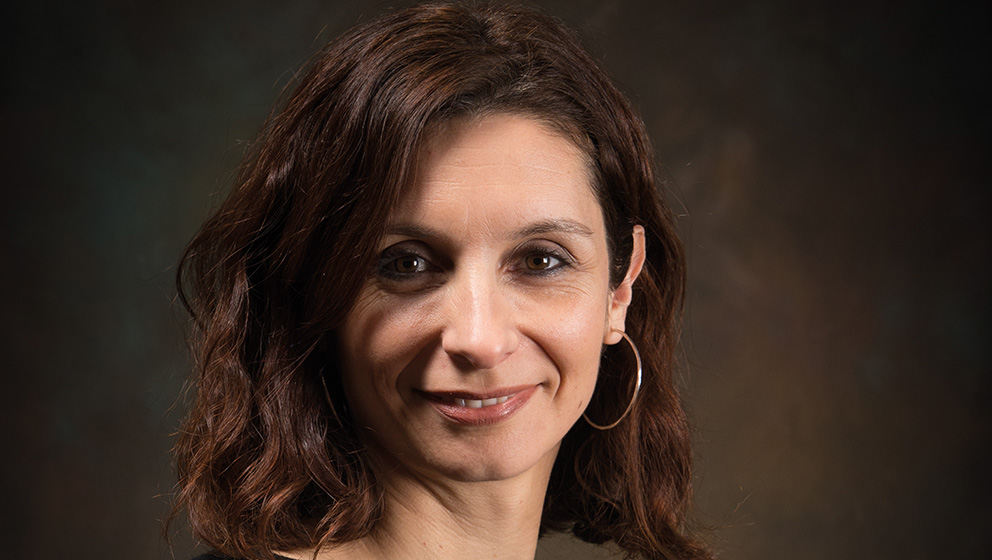Understanding what makes Gen Z tick. Meet the experts. Marina Casals Sala, Universitat Rovira i Virgili in Tarragona

What is the greatest challenge for the International HE sector when dealing with Gen Z?
In my opinion, the greatest challenge for the International Higher Education sector when dealing with every new generation is to modernize, update and adapt itself to the new realities and aspects of the world not only as it is today, but mostly as it will be when the students that we are now educating graduate.
Projecting into the future, using the same language that they use and capitalizing on their advanced technological skills would be the wisest way to connect with Gen Z, but in my experience, international higher education struggles to keep up.
In this sense, are we now thinking of tools such as virtual reality for mobility experiences? Are we offering Gen Z students more visual and technologically-based opportunities for them to easily develop their international and intercultural skills? Are we making the most of their multi-tasking skills, of their more tolerant and open social and environmental consciousness?
That is why I believe that we need to start thinking more creatively outside of the box and to try to stay ahead, rather than wait within the comfort of our sector for changes to keep coming from elsewhere.
How can universities and colleges create an engaging environment to Gen Z?
An engaging environment for Gen Z would probably entail more visual resources, more interactive elements in the classroom, more COIL activities, more technological tools and more social media for educational uses just to name a few. This generation is more used to looking for the knowledge themselves and live in a world of easy immediate access to tons of information. However, the dependency on technology comes sometimes linked to a lack of interpersonal skills and if universities and colleges have the mission to educate, this is something not to take lightly.
Just as examples of where technology is taking us in international higher education, let me mention that there are already institutions using virtual reality for study abroad experiences -in a testing phase-, or other experiments with a professor brought into a classroom via a holograph. So, let us forget videoconferencing and our very dear PowerPoint, shall we? We must move onto the next level.
Education has been going toward having the student at the center and as the main actor of the learning experience. One could argue whether that is fully achieved already, but we cannot deny that educational methodologies such as the flipped classroom are very aligned with this concept and have proven to be extremely successful.
In this scenario, the professor does not need to know it all anymore, but facilitates the learning process, so s/he must instead have the skills to lead this more challenging, active, proactive and dynamic classroom. So the questions that we should ask ourselves are: Are we doing enough to provide our academics with these tools? Are our academics up for the challenge?
To conclude, it is said that Gen Z is a more tolerant, multicultural generation that is concerned with the social inequalities and environmental challenges of our planet. If we believe that the role of higher education institutions should also go hand in hand with these values and concerns, we have a golden opportunity in our hands to focus on tolerance, multiculturality, social equality and the environment from new angles and interdisciplinarily.
Article featured on Worldbound, edition n.2-2019.

